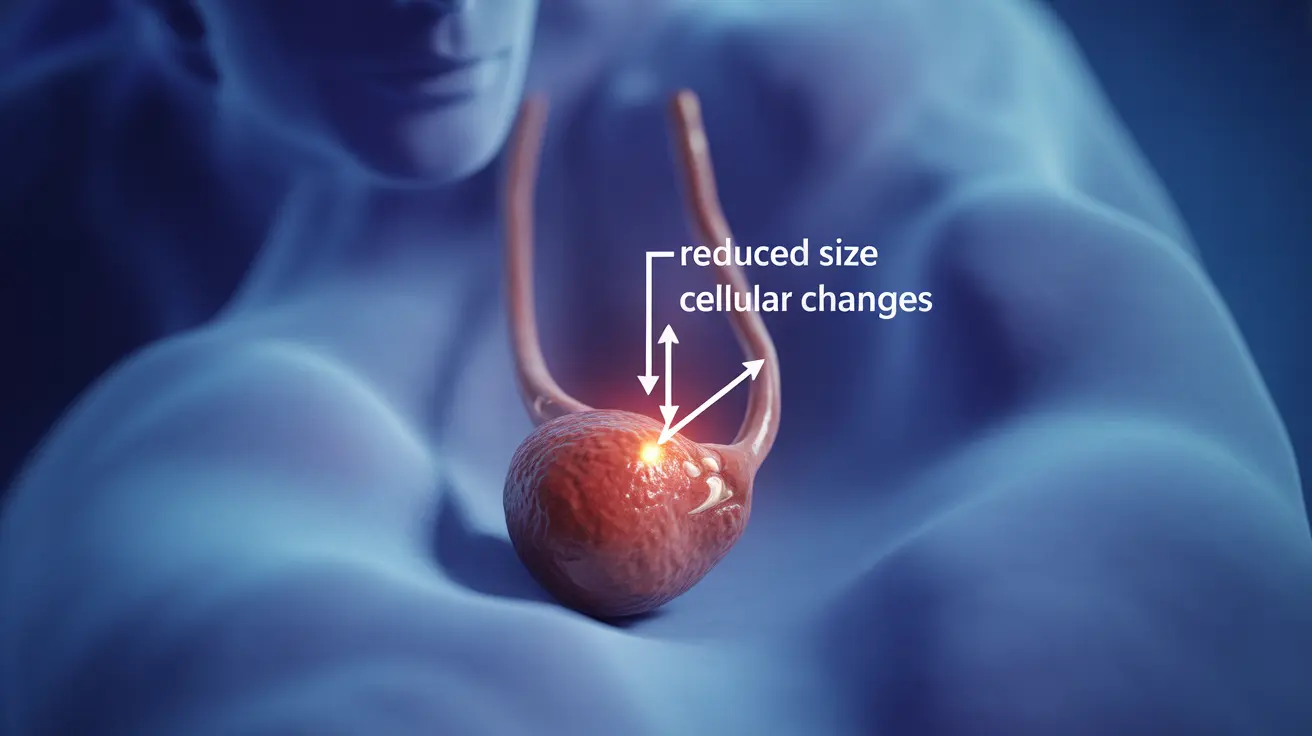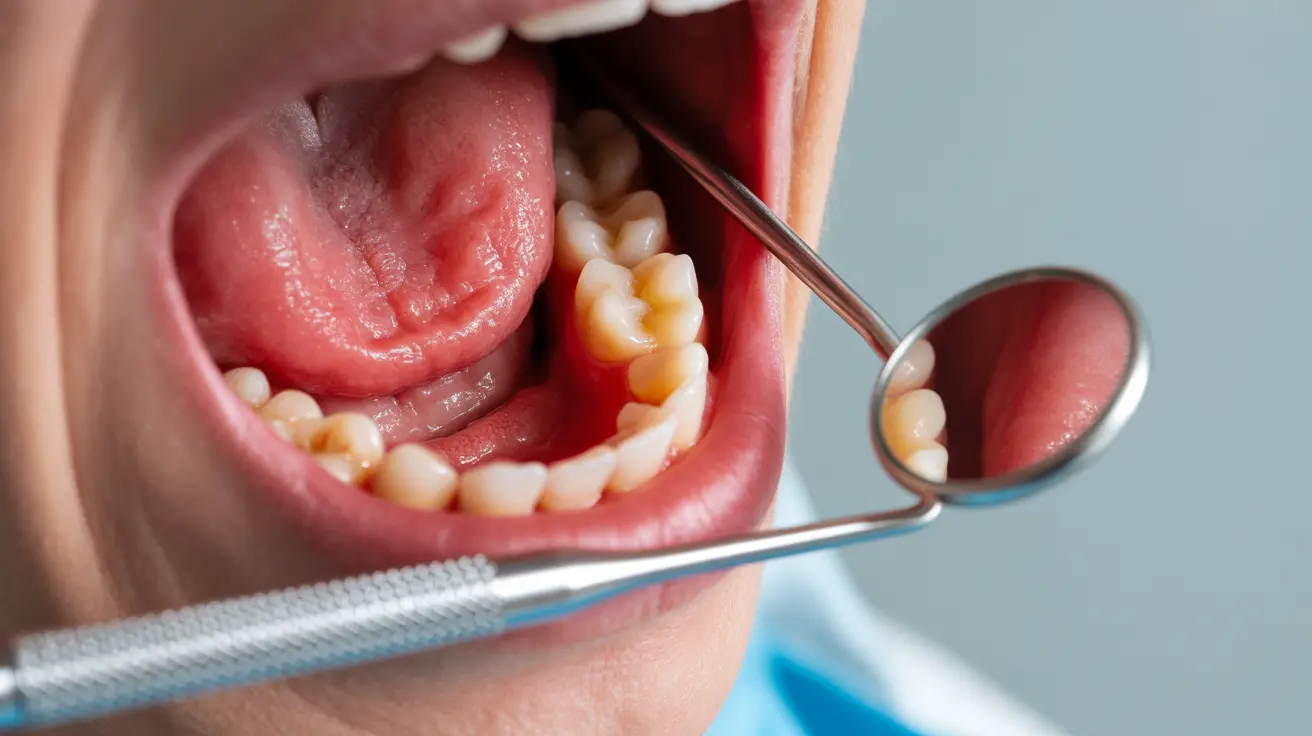When diagnosed with prostate cancer, many men face difficult decisions about their treatment options, particularly regarding hormone therapy. While hormone therapy, also known as androgen deprivation therapy (ADT), is a common treatment approach, some patients may consider refusing or discontinuing this treatment due to its side effects or personal preferences.
This comprehensive guide explores the implications of refusing hormone therapy for prostate cancer, alternative treatment options, and what you need to know to make an informed decision about your care.
Understanding Hormone Therapy and Its Impact
Hormone therapy works by reducing testosterone levels in the body, which can slow down or stop prostate cancer growth. However, this treatment comes with significant considerations that may lead some patients to explore alternatives.
Common Side Effects of Hormone Therapy
Before deciding to refuse hormone therapy, it's important to understand its potential side effects, which can include:
- Hot flashes and night sweats
- Loss of muscle mass and increased body fat
- Decreased bone density
- Sexual dysfunction and reduced libido
- Mood changes and depression
- Cognitive changes
- Cardiovascular risks
Alternative Treatment Options
For patients considering refusing hormone therapy, several nonhormonal treatment options may be available, depending on the cancer stage and other individual factors:
Surgery Options
Radical prostatectomy remains a primary alternative treatment, involving the complete removal of the prostate gland and surrounding tissues.
Radiation Therapy
Both external beam radiation therapy (EBRT) and brachytherapy can be effective alternatives to hormone therapy, especially for localized prostate cancer.
Active Surveillance
For some men with low-risk prostate cancer, careful monitoring without immediate treatment may be appropriate.
Important Considerations Before Refusing Hormone Therapy
The decision to refuse hormone therapy should be made carefully, considering several key factors:
- Cancer stage and grade
- Overall health status
- Personal values and quality of life preferences
- Available support systems
- Long-term health goals
Making an Informed Decision
Working closely with your healthcare team is crucial when considering refusing hormone therapy. They can help evaluate your specific situation and determine whether alternative treatments might be appropriate for your case.
Frequently Asked Questions
What are the main side effects of hormone therapy for prostate cancer, and how do they impact daily life?
Hormone therapy can significantly impact daily life through side effects such as fatigue, hot flashes, weight gain, muscle loss, and sexual dysfunction. These effects can affect both physical and emotional well-being, potentially impacting work, relationships, and overall quality of life.
What nonhormonal treatment options are available if I refuse hormone therapy for prostate cancer?
Nonhormonal options include surgery (radical prostatectomy), various forms of radiation therapy, active surveillance for low-risk cases, and in some cases, chemotherapy. The suitability of these alternatives depends on factors such as cancer stage, overall health, and personal preferences.
Is it safe to stop hormone therapy for prostate cancer, and what happens if I decide to refuse it?
The safety of stopping hormone therapy depends on individual circumstances, including cancer stage and previous treatment responses. Any decision to refuse or stop treatment should be made in consultation with healthcare providers, who can monitor for potential cancer progression and recommend appropriate alternatives.
How does refusing hormone therapy affect prostate cancer prognosis and survival rates?
The impact on prognosis varies significantly based on individual factors such as cancer stage, grade, and overall health. While hormone therapy can be effective in controlling prostate cancer, alternative treatments may offer comparable outcomes in certain cases. Regular monitoring and adjusting treatment strategies as needed are essential.
What are the key differences between hormone therapy and nonhormonal treatments for prostate cancer?
Hormone therapy works by reducing testosterone levels throughout the body, while nonhormonal treatments like surgery or radiation target the cancer directly. Nonhormonal treatments may have different side effect profiles and can sometimes offer more localized treatment approaches, potentially with fewer systemic effects.




